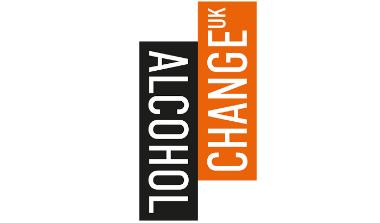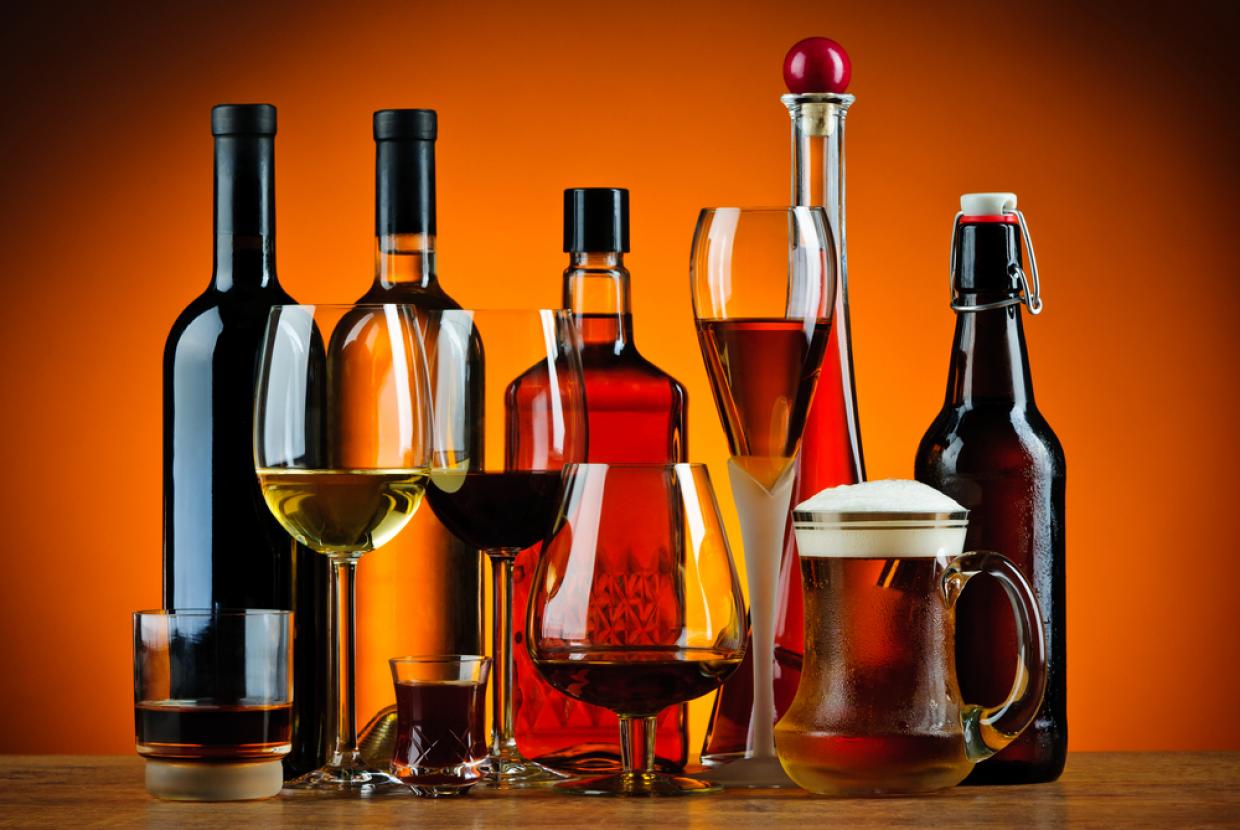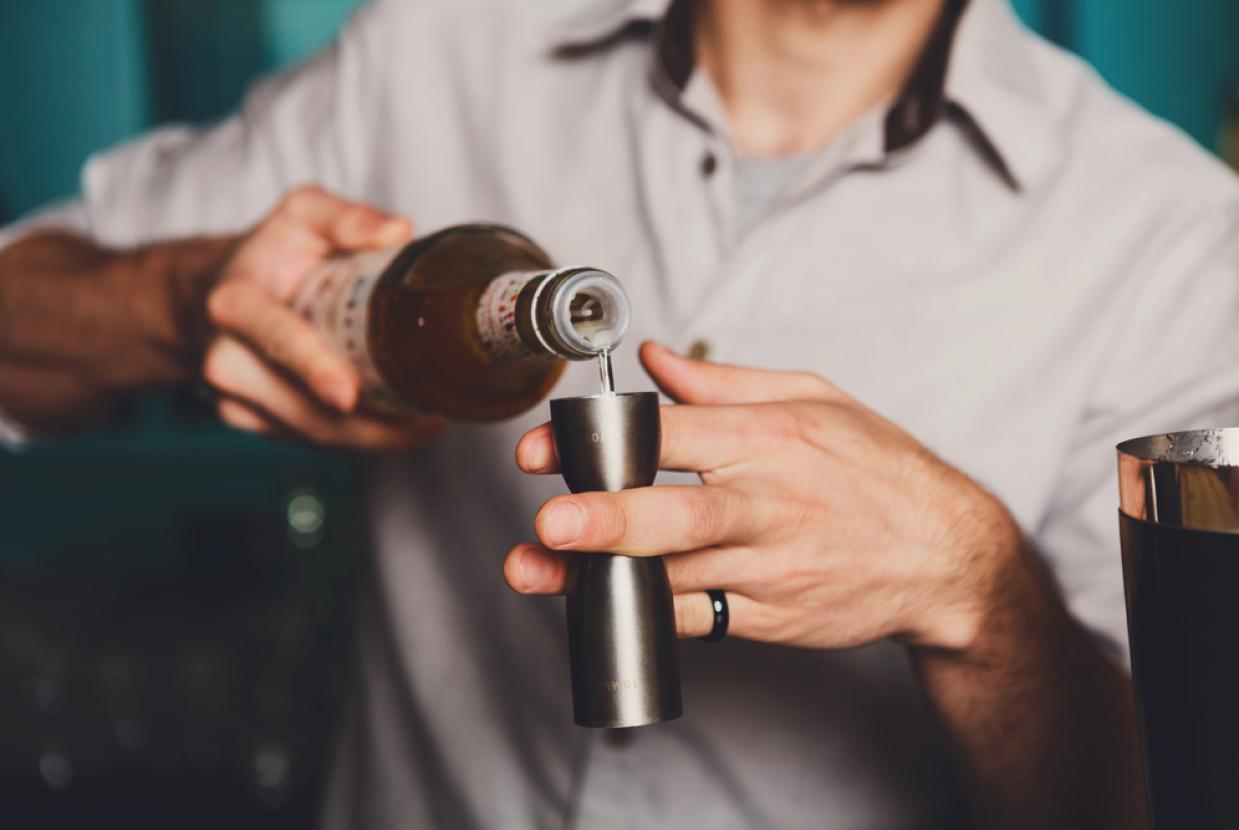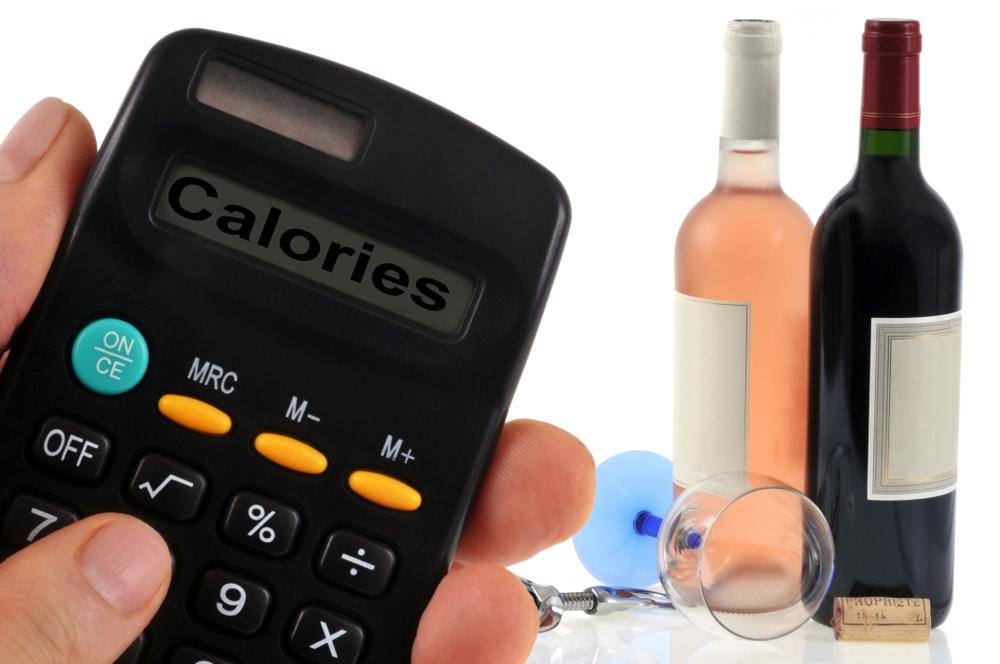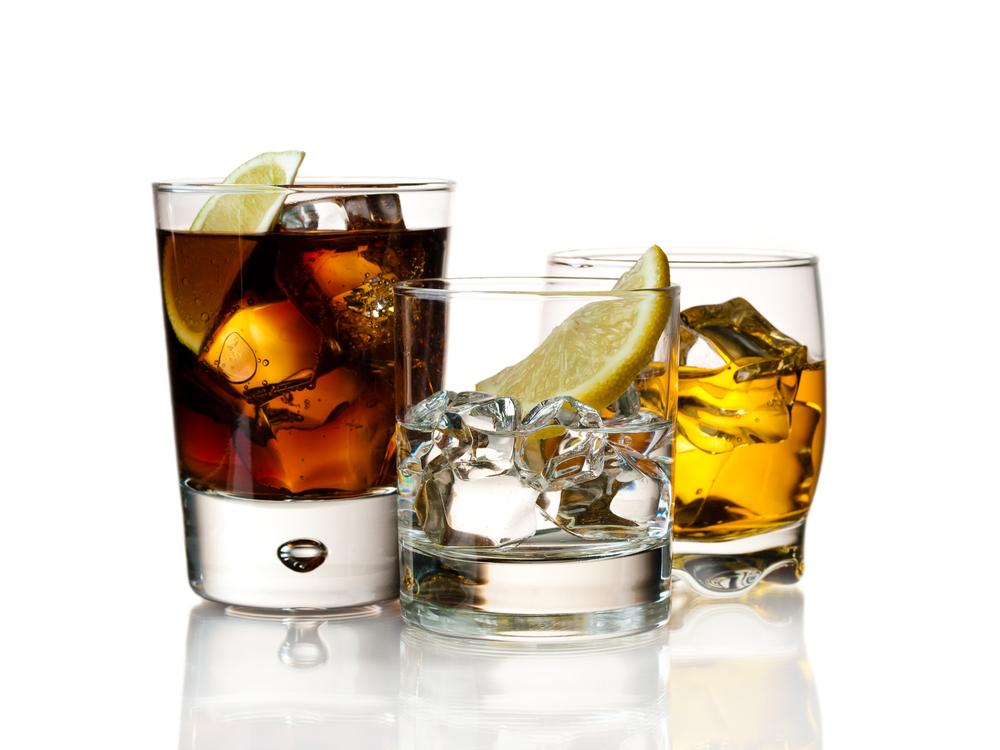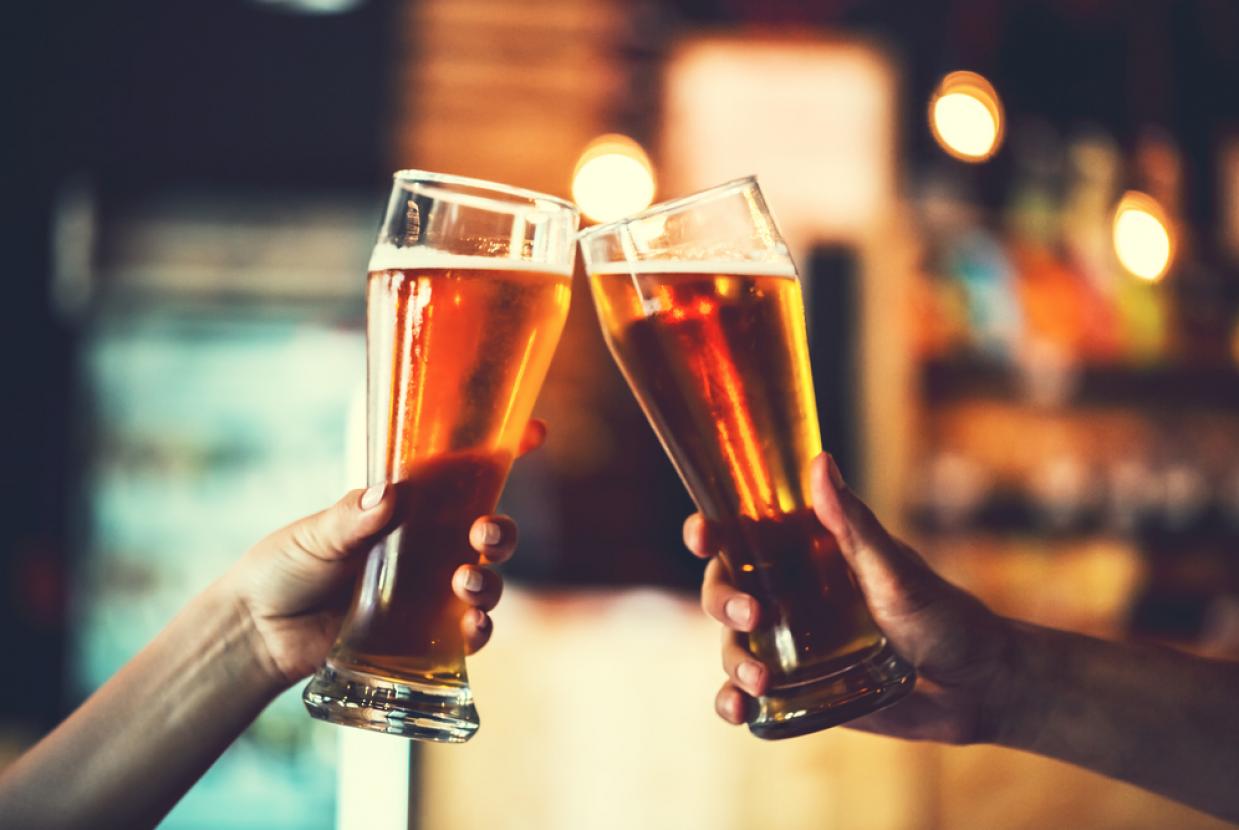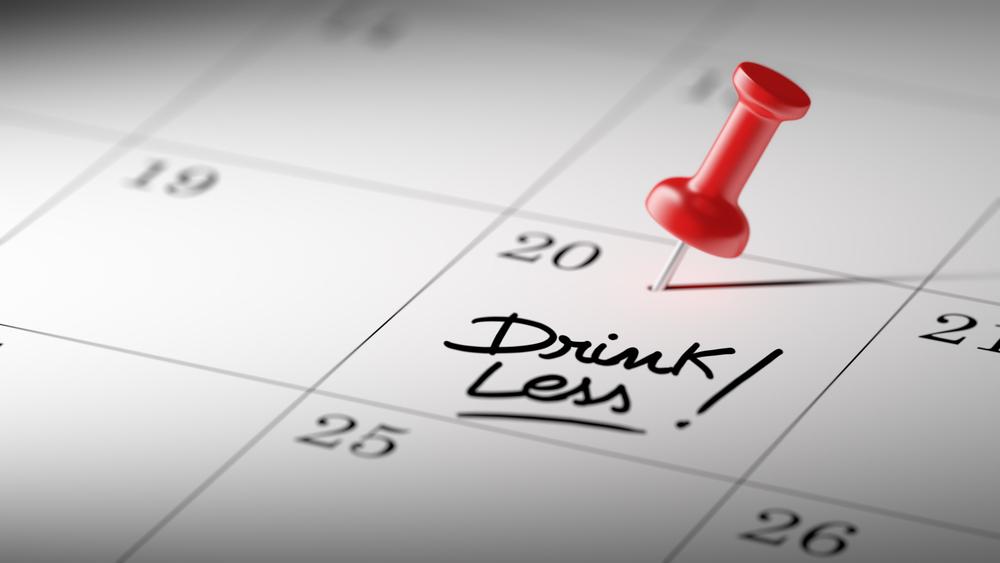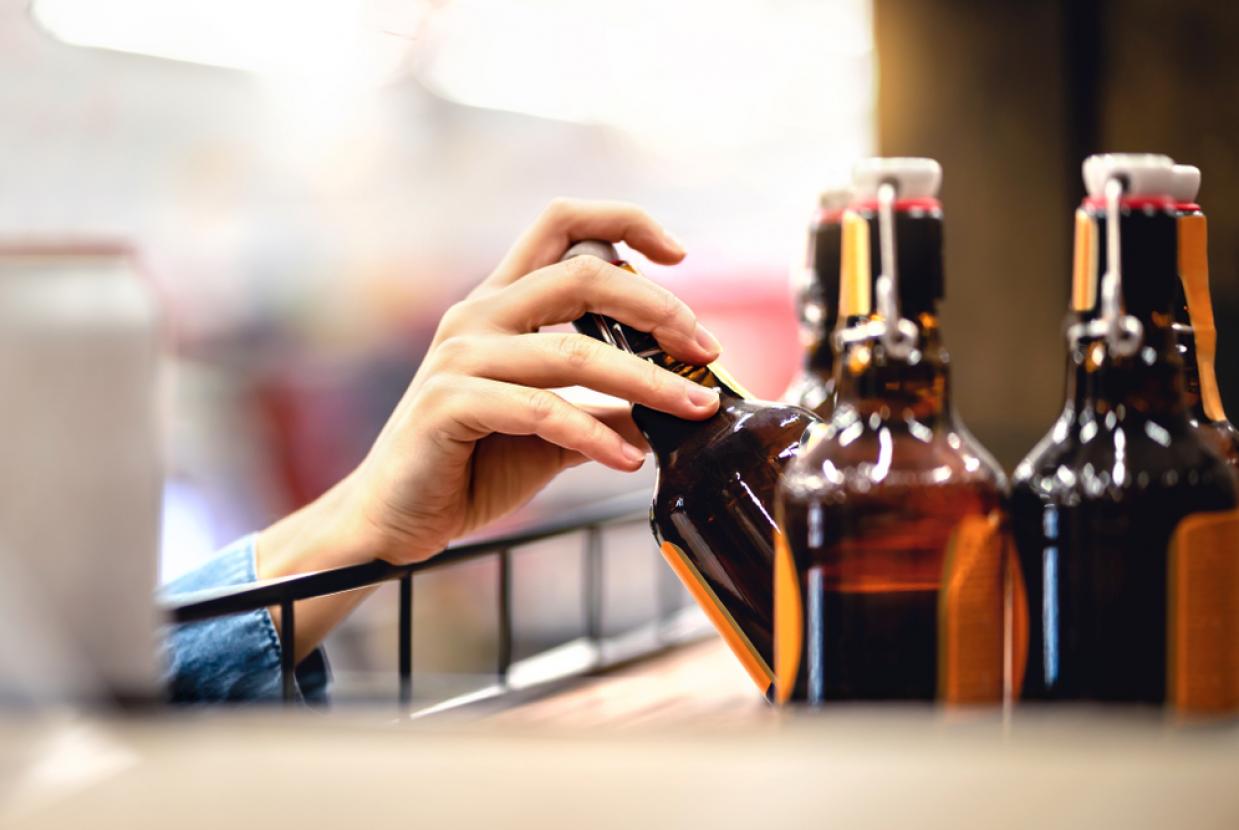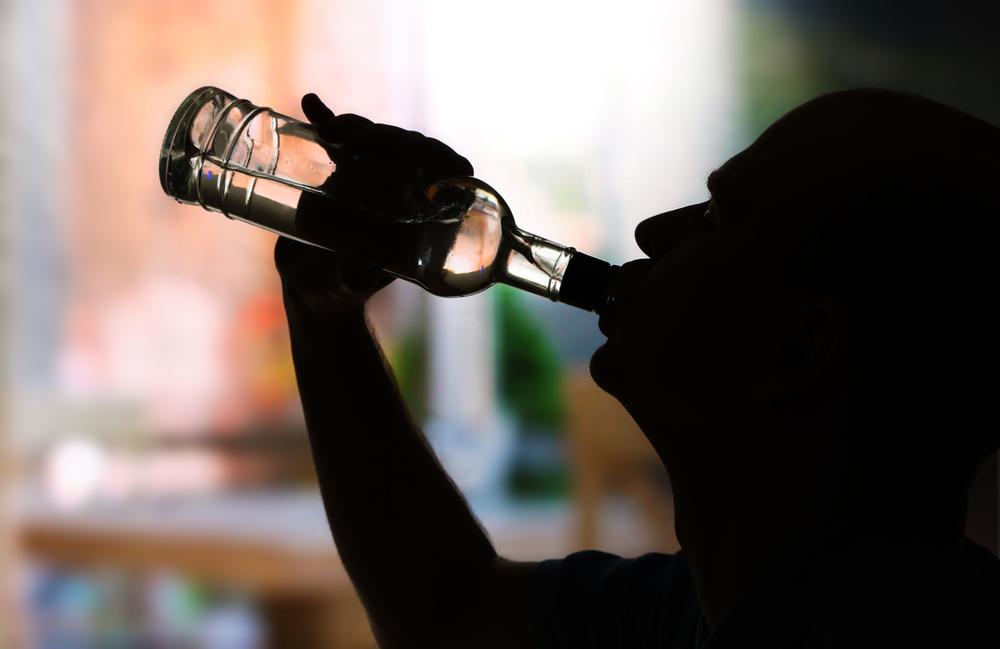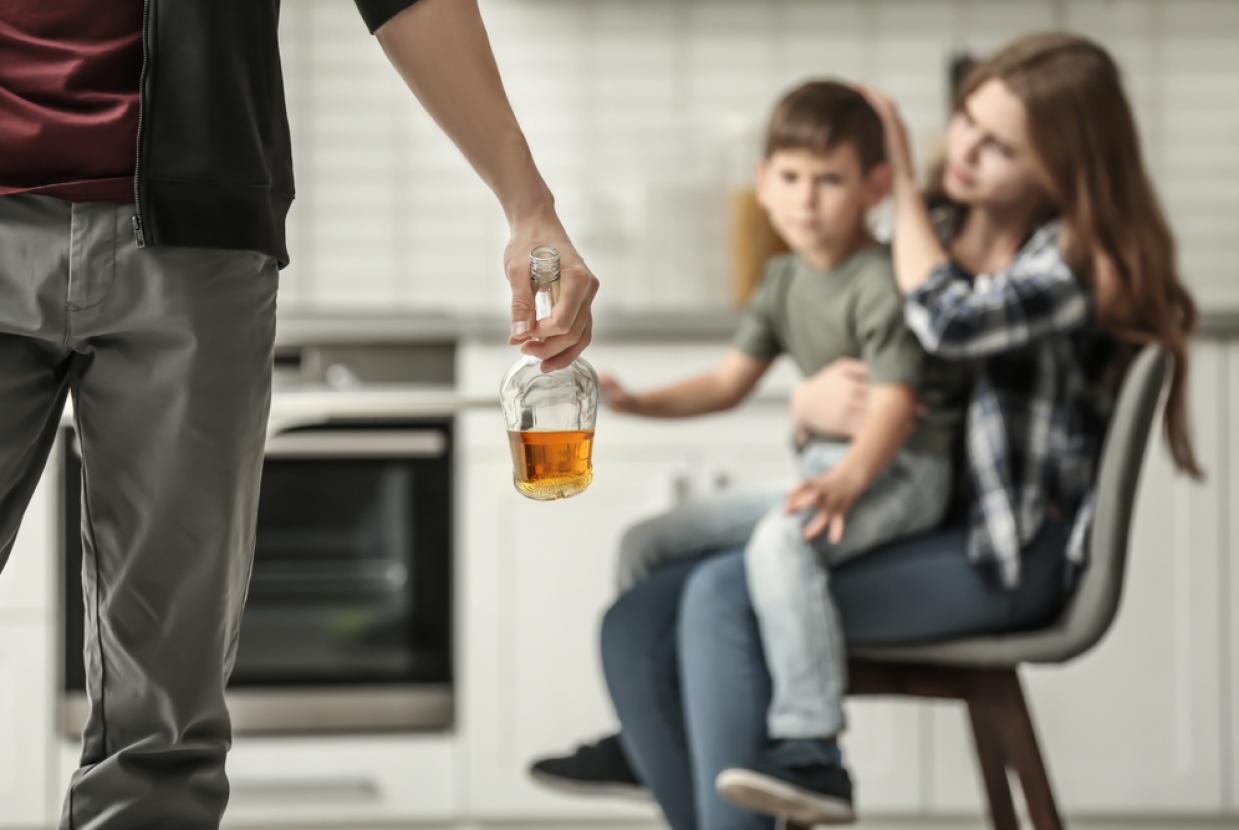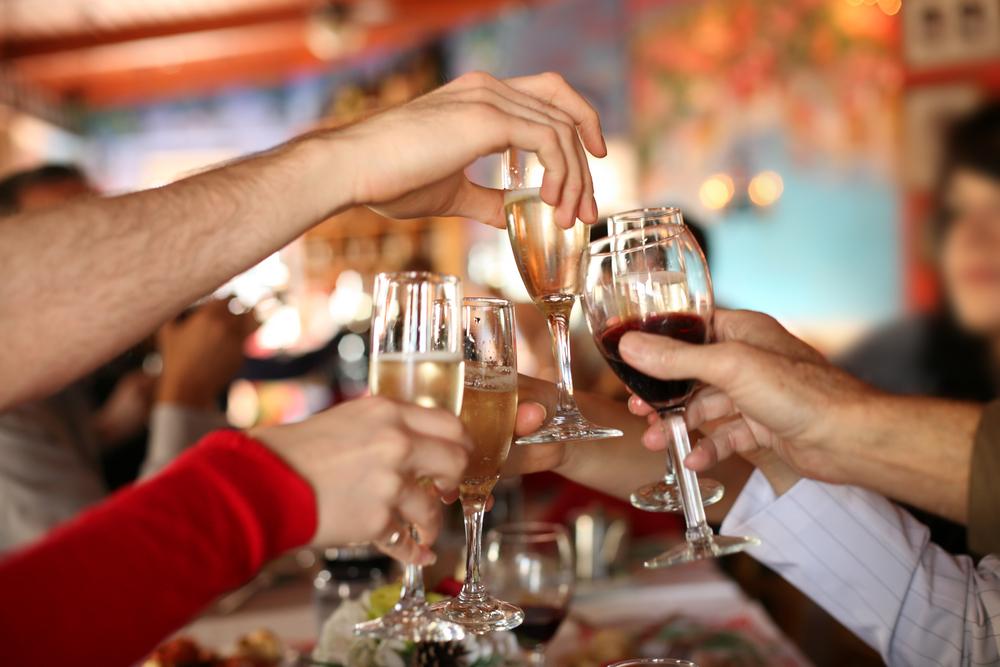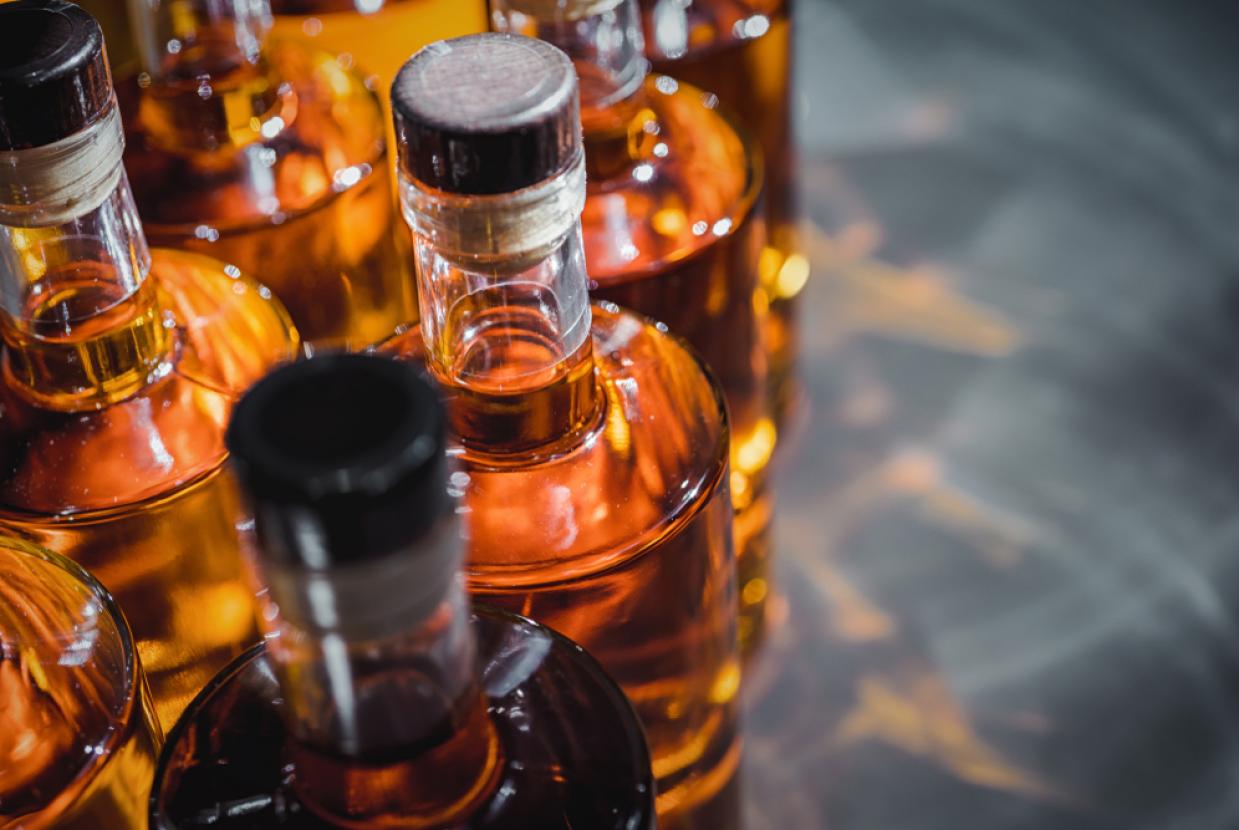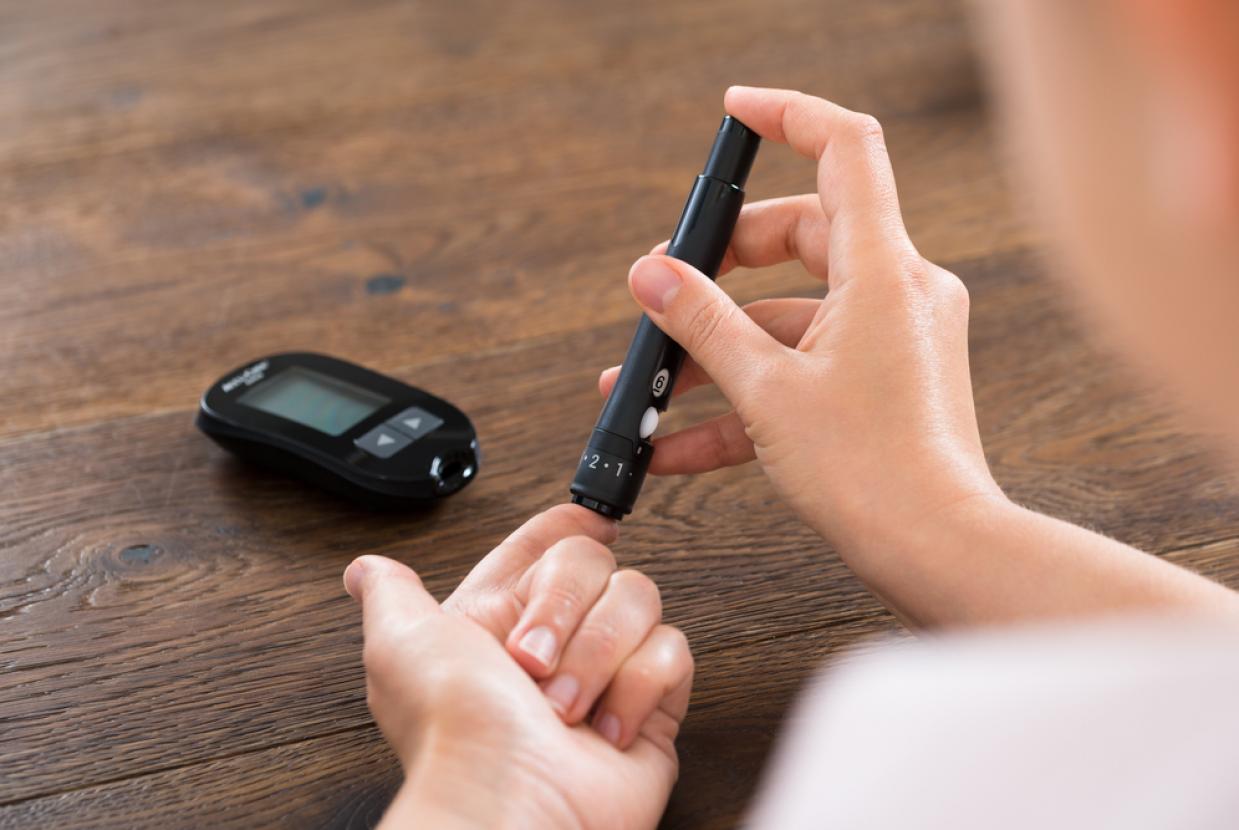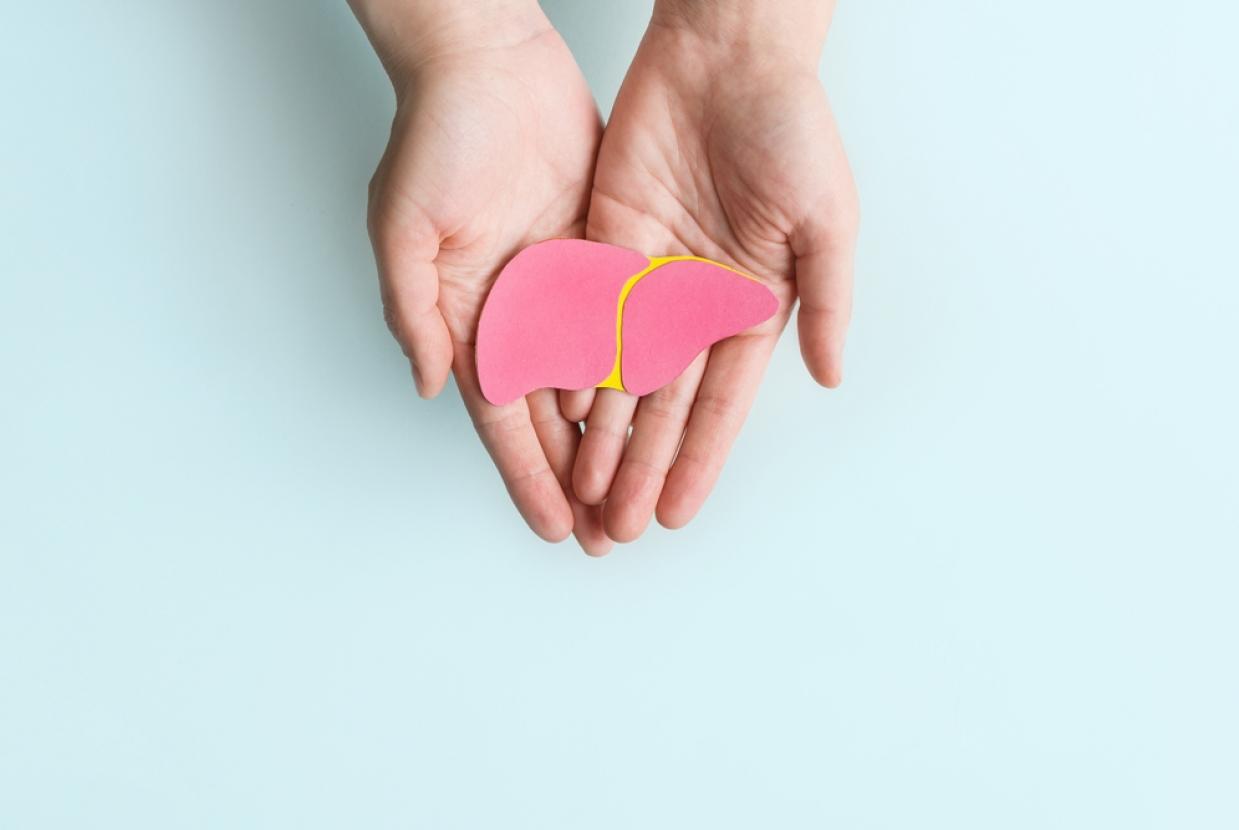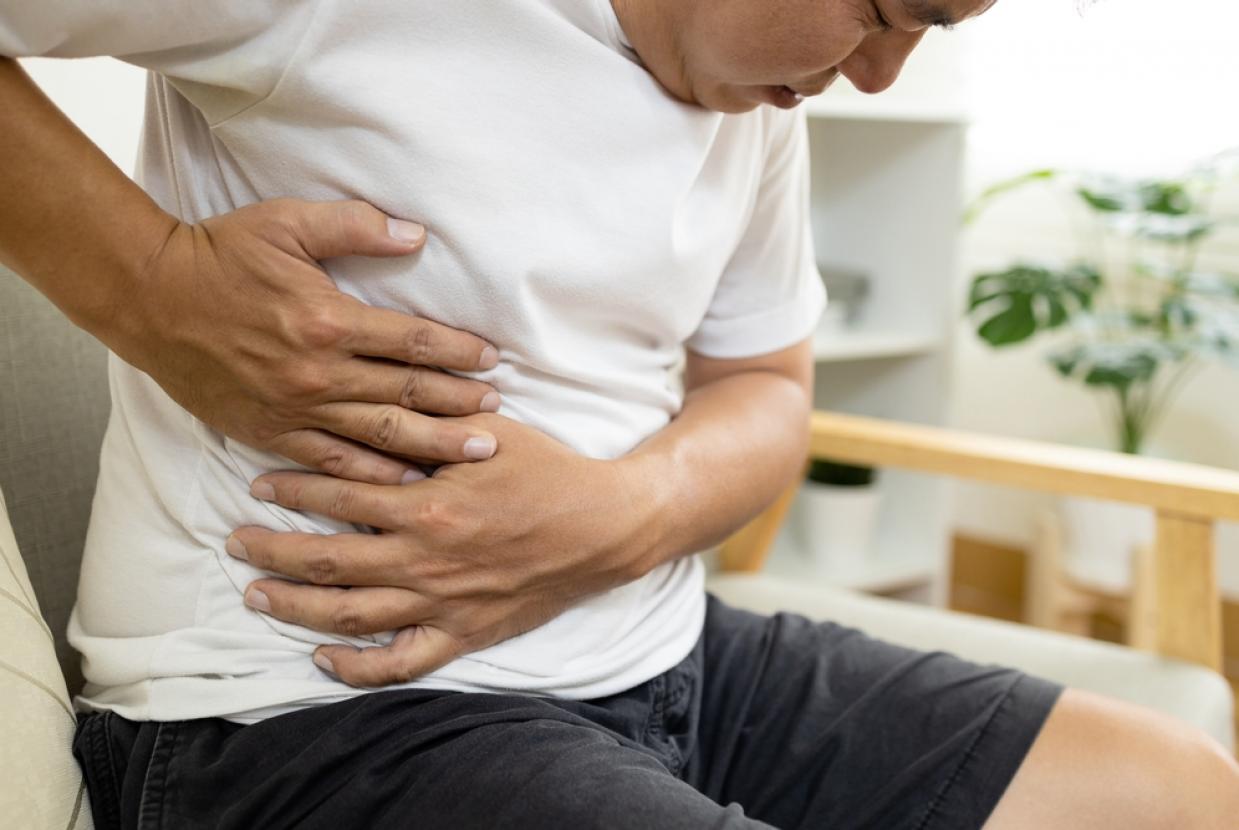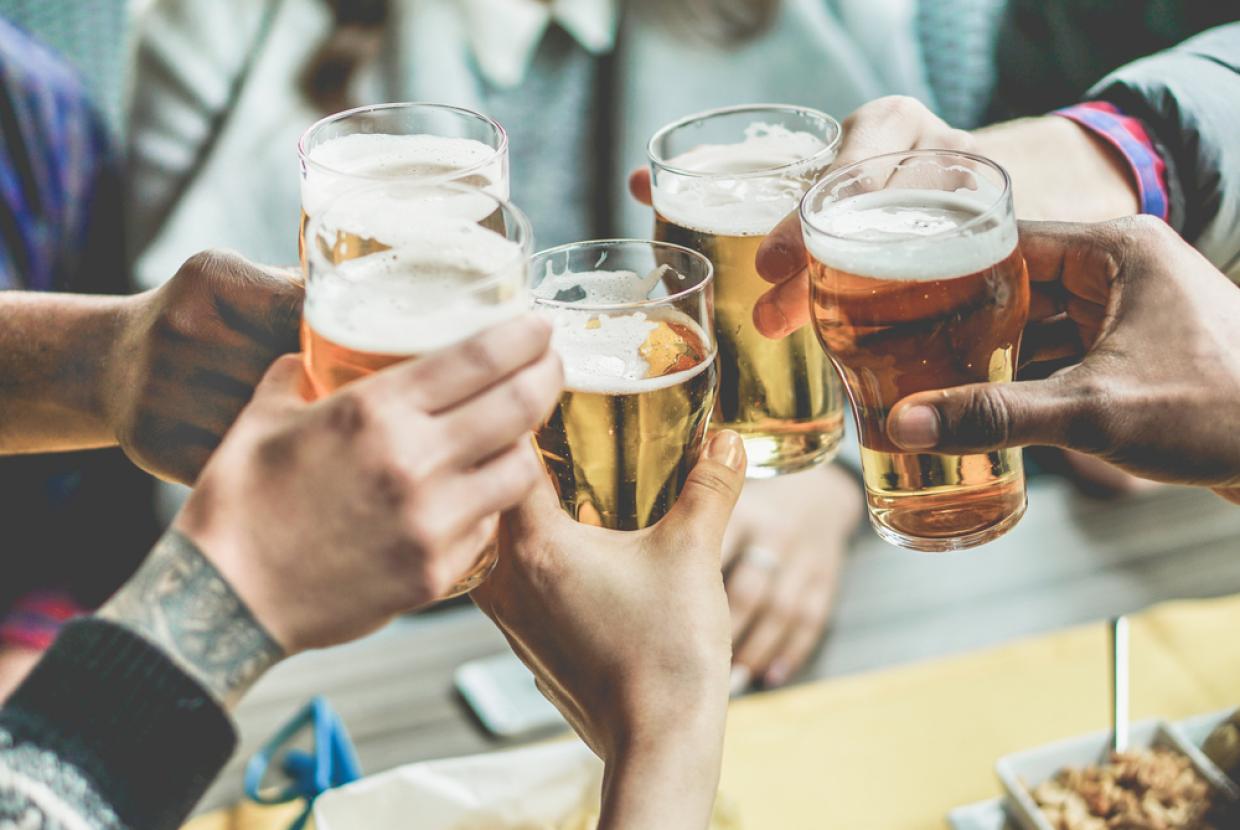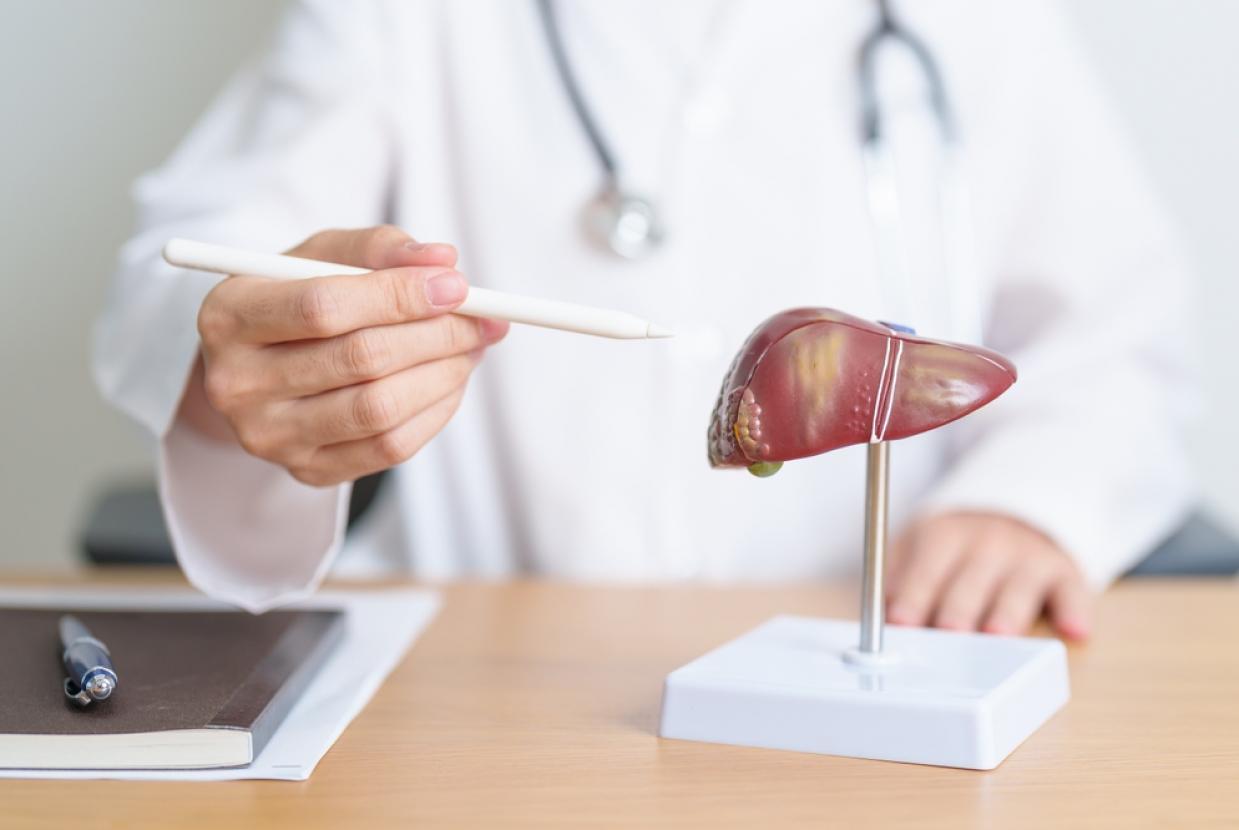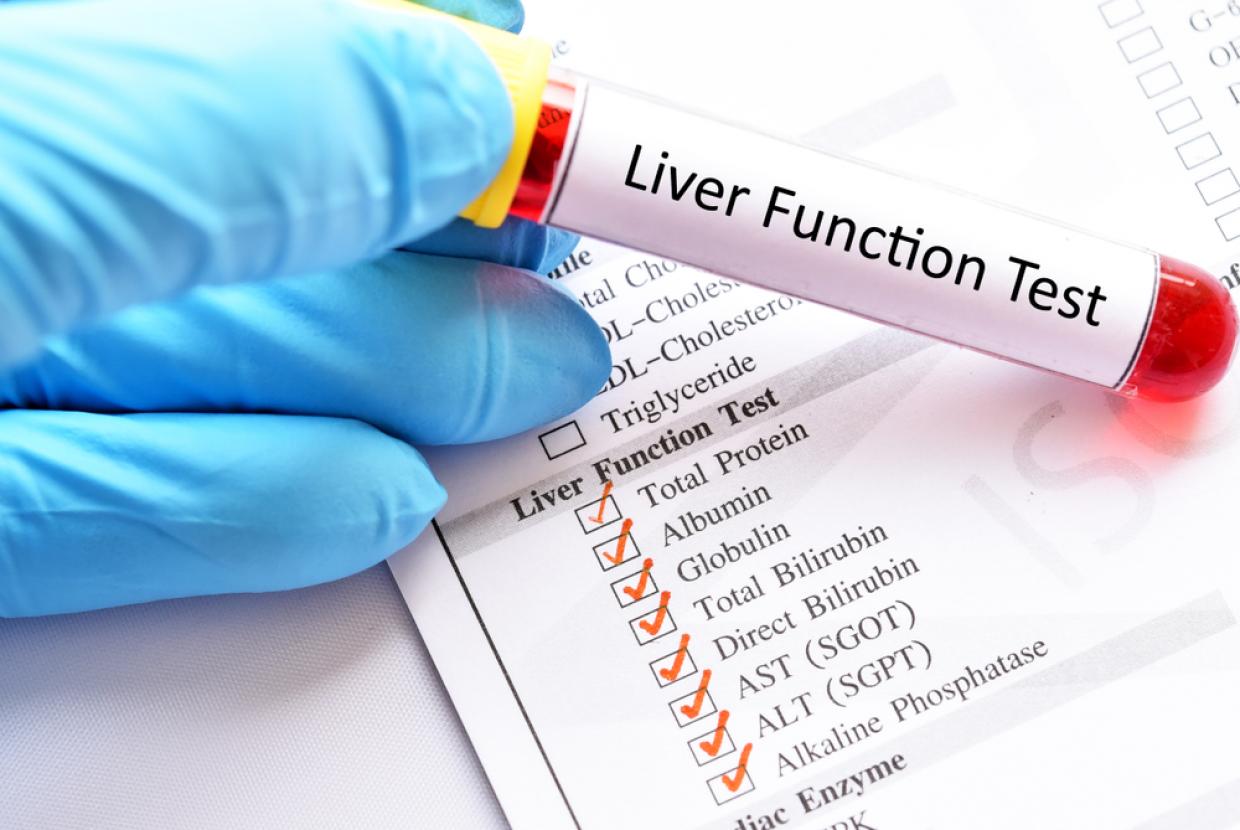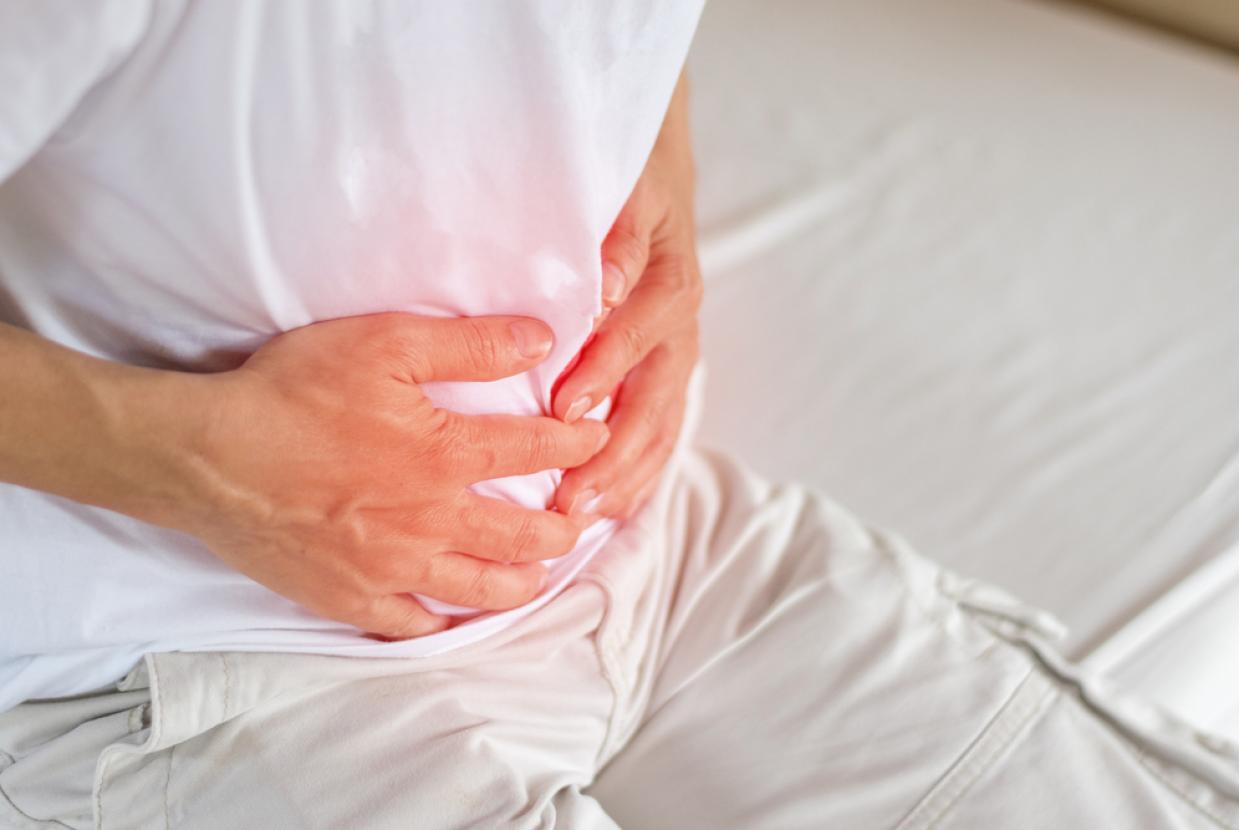9 Things To Know About The New Alcohol Duty System
Alcohol GuidanceThe alcohol duty system is changing. Here is all you need to know.
The way that alcohol is taxed is changing from 1st August 2023
Alcohol duty is a type of tax paid by companies that produce alcohol. The change in August makes duty across different drinks more consistent by taxing based on strength (ABV). In the past the tax system has been complicated and inconsistent, with different rules for different drinks. The new system will have fewer tax bands, and drinks in the highest strength tax bands will pay the same rate, regardless of the type of drink. Some drinks, such as strong cider and wine in off-licenses, will be taxed at a higher rate than before. Others, such as draught beer and cider sold in pubs will be taxed less.
The level of duty is decided each year in the Government Budget. After a decade of cuts and freezes to alcohol duty, in August the level of duty will rise with inflation.
Alcohol duty is paid by drinks companies
Alcohol duty is paid by the company who produces or imports the drinks. The tax level relates to the strength and size of the product, rather than its sale price.
Rise in alcohol duty helps to reduce alcohol harm
Alcohol harm is a public health crisis which needs urgent action. Alcohol is the leading cause of death, illness and disability among people aged 15-49 in England.
Duty increases on alcohol help reduce harm in three ways:
- Revenue from tax on alcohol can be used for NHS, support services and harm prevention work, addressing alcohol harm as it is happening.
- Increasing the cost of alcohol is a proven harm reduction measure. The World Health Organization recommends raising the price of alcohol as one of its three ‘best buy’ policies: the most cost-effective, well-evidenced solutions to alcohol harm. Evidence from across the world shows that alcohol harm (whether to health, relationships or society) falls when the levels of consumption fall. When alcohol is less affordable, less is consumed, and so there are fewer deaths, injuries and illnesses caused by alcohol.
- Finally, in response to alcohol duty rises, producers sometimes reformulate their drinks and lower strength.
Alcohol has been getting cheaper and stronger, which causes more harm
Compared to other everyday products, alcohol has become cheaper to buy, especially in shops. In 2021, alcohol was 72% more affordable than in 1987.
It is disappointing that the higher duty rate for strong beers now starts at 8.5% instead of 7.5%. We want the higher rate for beer to be lowered to 6.5%, as 6% is widely considered to be a strong beer or cider. The new rate is likely to increase the number of higher strength beers on sale, which causes more harm.
The alcohol industry has been subsidised by tax cuts over the last ten years
Most years between 2012-2023 saw freezes and cuts to alcohol duty. In just the first five years of these cuts, the Treasury estimates that the Government lost £4 billion. Money that could have been spent on nurses, doctors and support services for those impacted by alcohol harm.
At a time when costs are rising for all of us, the profitable alcohol industry should pay a fair share. Alcohol must be taxed in proportion to the harm it causes. The Office for Budget Responsibility predicts that alcohol duty will contribute £13.1bn in tax revenue in 2023/24, while alcohol harm is estimated to cost between £27bn and £52bn a year – more than double, and possibly up to four times as much.
Duty paid on alcohol can tackle health inequalities
Alcohol harm disproportionately affects people on lower incomes and in greater deprivation, even though evidence shows these groups do not drink more than higher income groups.
The impact of alcohol on communities and health is also unequal across the country. People living in the poorest areas of the UK are more likely to suffer with alcohol-related illnesses, and a greater proportion of the population in deprived areas die from alcohol-related causes.
Taxing alcohol by volume (ABV) targets strong drinks, which are particularly harmful. Increasing the price of alcohol could be argued to be a ‘regressive’ policy (if drinks are more expensive this affects those with less money). However, on average, people with less money tend to drink less than those with more disposable income. At the same time, the health costs and mortality from alcohol are higher among lower socioeconomic groups. Funds raised by alcohol duty can be used for health and support services.
A policy that reduces alcohol consumption in the UK has greater overall health benefits for people who are less well-off. This can play a role in reducing health inequalities in the UK.
Keeping cider rates low is bad for public health
Cider has historically been taxed at lower levels than other drinks. Under the new system, cider under 8.5% will have lower duty than beer or wine of a similar strength. This continues an outdated system of ‘cider exceptionalism’ and means that large volumes of alcohol can still be bought very cheaply.
This doesn’t make sense in relation to the Government’s aim for the policy to support public health, as it undermines the principle that tax should be linked to the strength of the drink.
Cheap ‘white’ cider is popular among young drinkers and people drinking at harmful levels. Under the new tax system, it will still be possible to buy strong cider very cheaply. As well as bringing this in line with other drinks in the duty system, we encourage the government to introduce Minimum Unit Pricing as another way to stop the sale of these harmful, strong ciders at cheap prices.
Duty needs to be linked to ABV and inflation to tackle alcohol harm
The evidence shows that duty needs to keep pace with inflation if it is to be effective in reducing alcohol harm. Not keeping up with inflation works like a tax cut, meaning less tax revenue to tackle the health and social costs of alcohol harm. Lower tax rates make alcohol more affordable, which is linked to increased drinking, along with chronic illness, injury, deaths and the many other wider social impacts of alcohol.
Alcohol Change UK welcomes the rise in duty, which goes some way to address the freezes and cuts to duty since 2012. We want the Government to go further than this and include an automatic annual increase of 2% over inflation. This would help ensure that duty rates don’t fall so much again in future. Alcohol is vulnerable to political pressure and lobbying from the influential and well-funded alcohol industry. Automatically increasing the rate each year would reduce the uncertainty of what will happen on alcohol duty each year at the Budget, make duty policy based on public health, not lobbying power, and give businesses ample opportunity to prepare for the changes.
Research from the University of Sheffield shows that automatically increasing the rate each year by inflation + 2% would save lives and reduce hospital admissions.
The changes will be better for pubs and small producers
The new system introduces ‘Draught relief’, a reduced tax for ‘on tap’ drinks consumed in licensed premises like pubs, bars and clubs. The rise in cheap alcohol and deals in supermarkets has been linked to people drinking at home instead of pubs. This measure will help to reduce the price difference between drinking at home or in licensed premises, helping those businesses attract more customers.
Smaller producers will benefit from a lower rate of tax for drinks under 8.5%, which means that bigger companies pay a larger share of the tax bill.


